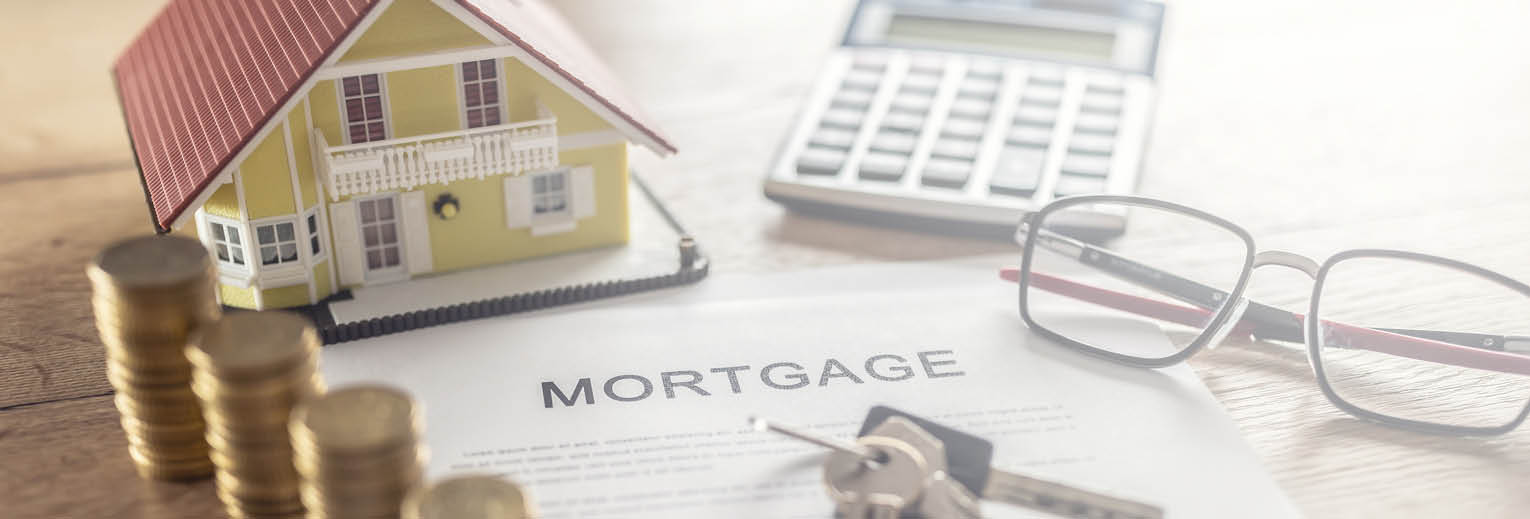Buying a new home can be a very exciting (and stressful) time. In order to ensure the process goes as smoothly as possible and to minimize the risk of getting in over your head, it’s important that you are prepared before you start house hunting. Here are 6 tips for saving for a house.
Establish a realistic budget.
In order to be able to save for a home, you need to have a clear understanding of your income, expenses and what you can save. You also need to be realistic about all the costs that will go into owning a home. It’s not just the mortgage payments, but you also need to consider insurance, property taxes, repairs and the maintenance costs of owning a home. Understanding how much you can afford for all the costs of ownership will allow you to realistically judge how much you need to save and how much it will cost to own the home.
Know how much you need for a down payment.
Canadian Mortgage Housing Corporation (CMHC) mortgage insurance is not available for a house worth more than $1,000,000. For a house worth less than $1,000,000 the down payment requirements are 5% for the first $500,000 and 10% above $500,000. If you are purchasing a house worth more than $1,000,000, because CMHC mortgage insurance is not available, you will need to have a down payment of at least 20% of the purchase price.
Develop smart saving strategies.
Creating a separate, dedicated savings account will make it easier to reach your savings goals. Take advantage of registered accounts. The new Tax-Free First Home Savings Account combines attributes of an RRSP – contributions are tax deductible, with those of a TFSA – withdrawals, including income from investments in the account can be withdrawn tax free. The RRSP Home Buyers’ Plan allows you to withdraw up to $35,000 from your RRSP to buy your first house. (Note, the 2024 Federal Budget proposes to increase this limit to $60,000) You can also use a TFSA to save for a house.
Look at paying down your debts.
If you are carrying balances on higher interest rate debts such as credit cards, prioritize paying those debts off. The interest rates on credit cards are much higher than the return you will typically obtain in other savings or investments. For example, putting money into a TFSA instead of paying off your high interest debt will actually cost you money. The interest on the credit cards will be much more than the income you’ll earn in your TFSA, even when that income is tax free.
Speak with a mortgage professional.
Speak with your bank as well as a mortgage broker to understand the different types of mortgages that are available as well as the pros, cons, and differences between the options. Mortgage brokers will be able to source mortgages from many different lenders. Typically, the mortgage broker is paid by the lender; you do not have to pay them a fee. Your bank may have special deals for customers. The posted interest rate is typically not the best rate that you’ll be able to get for your mortgage.
Be prepared for the additional costs.
Remember, there are costs in addition to the purchase price that you’ll have to pay. You’ll have legal fees to close the sale, moving expenses, the cost for a home inspection. Many provinces and cities also charge a land transfer tax that the buyer must pay. You may want to do some painting, minor repairs or major renovations to the new house. For many people, the new house is bigger than the place they were renting. And if are moving from apartment to a house, you’ll now have outdoor space that you’ll have to look after. Factor in the costs for new furniture, appliances, lawn mower, gardening tools and other things that you’ll need that you probably didn’t have when you were a renter.
Owning a new home can be a very exciting time. If you are properly prepared the excitement will outweigh the stress and you can be prepared for unforeseen costs.
To learn more, reach out to Andy Fisher here.
